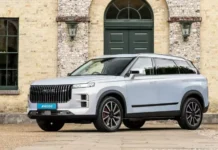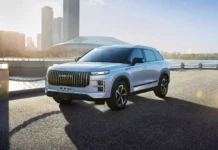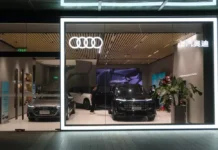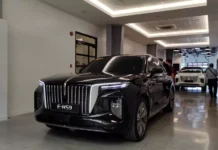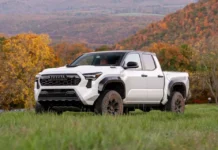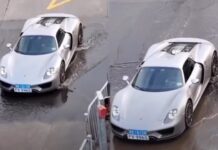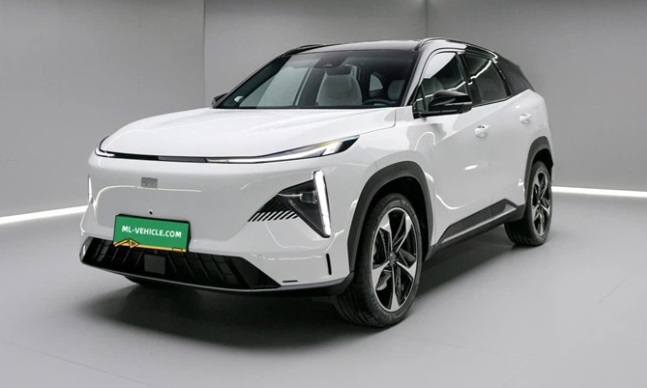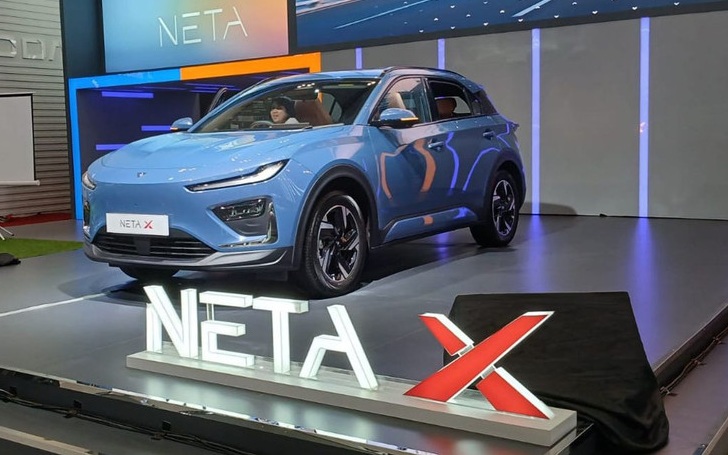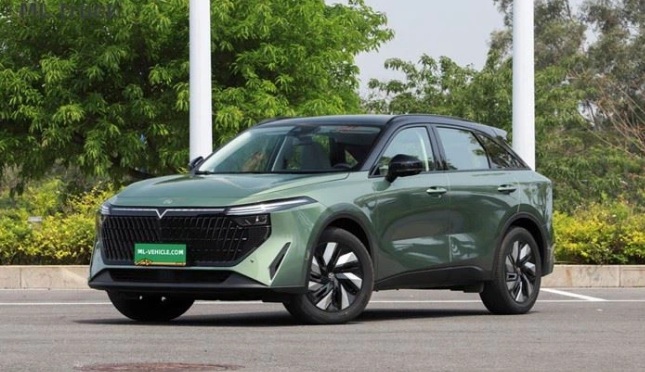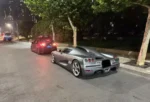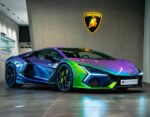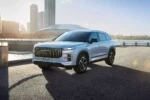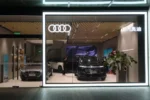Car buyers in China were astonished to discover that their newly purchased vehicles already had pre-existing insurance policies.
This revelation uncovers a hidden “secret” within the automotive industry: car manufacturers and dealerships are exploiting insurance to inflate their sales figures, creating an illusion of high demand for their products.
In the automotive industry, sales figures are often seen as a crucial metric for gauging the popularity of a car model. Many consumers rely on these sales rankings when making purchasing decisions, sometimes without thoroughly researching the strengths and weaknesses of the product compared to its competitors.
China’s automotive market has witnessed some staggering numbers recently, with reports of tens of thousands of orders placed within hours or hundreds of thousands of vehicles sold in a short period. However, a recent Reuters investigation has unveiled the tricks behind these impressive figures.
Specifically, some Chinese car manufacturers have insured tens of thousands of vehicles even though they had not been sold to consumers. This practice allows them to inflate their sales figures based on mandatory traffic insurance registration data, while the cars remain unsold in inventory.
A prime example is the electric car brand Neta. According to the report, from January 2023 to March 2024, Neta pre-registered sales for at least 64,719 vehicles, accounting for more than half of the 117,000 cars the company claimed to have sold during that period. This was achieved by registering insurance before any customer purchases.
Zeekr, Geely’s premium electric car brand, is also suspected of employing a similar strategy. This “fake” insurance purchasing tactic not only helps carmakers meet internal targets but also creates a media buzz, giving the impression that their products are in high demand.
In fact, several dealerships in China have openly admitted to this practice. Major brands such as FAW Hongqi, SAIC Roewe, SAIC VW, Dongfeng Nissan, GAC Toyota, GAC Honda, and SAIC GM have been implicated, with their dealerships engaging in pre-registering insurance to boost sales figures.
However, the car manufacturers deny these allegations. GAC Honda asserts that they prohibit dealerships from pre-registering mandatory insurance before selling vehicles. FAW Hongqi also denies any involvement in such shady practices. GM China states that they only count sales based on vehicles delivered to customers, not insurance data.
In China, there are two primary systems for sales data collection: one based on manufacturers’ reports to the industry association, reflecting vehicles delivered from factories to dealerships, and another based on mandatory insurance registrations, indicating vehicles actually purchased by consumers. However, the latter system is being manipulated to create a distorted picture of sales performance.
This “fake insurance” phenomenon is believed to have emerged in 2016 but surged in early 2023 when carmakers engaged in intense price wars. In this competitive landscape, having a spot on sales rankings, despite not entirely reflecting reality, became an important marketing advantage.
For instance, Li Auto utilized weekly insurance data to announce its “sales achievements” on social media, even though these numbers might not correspond to actual vehicles used by customers.
Concerned about this issue, the China Association of Automobile Manufacturers (CAAM) has spoken out against using insurance data for public rankings, arguing that it is inaccurate and detrimental to the entire market by intensifying unhealthy competition.
Nevertheless, there are no specific legal regulations in place to prevent this practice, and addressing it relies on the internal policies of individual car manufacturers. In the meantime, consumers are advised to remain vigilant when encountering impressive sales figures and to thoroughly consider their options before purchasing a car solely based on its perceived popularity.
The Koenigsegg CCR, an Ultra-Rare Supercar, Makes an Appearance in China; Owner Gets in Trouble with the Police for DUI.
The photographer who captured the gray Koenigsegg CCR, one of only 14 such cars in the world, has shared an intriguing tale. The driver of this rare supercar was pulled over by police and found to be over the legal alcohol limit. A fascinating insight into the life of the rich and the risks they take.

